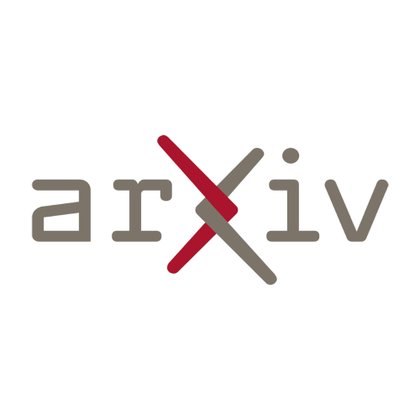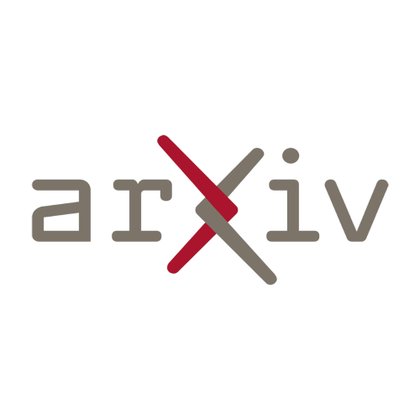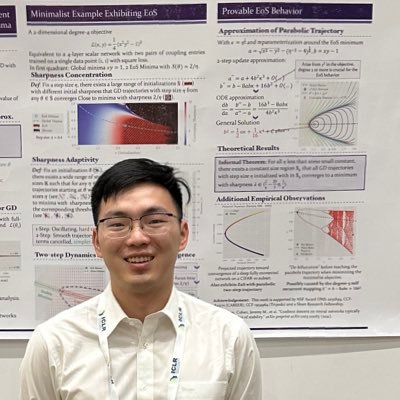
Stanley Wei
@stanleyrwei
Followers
106
Following
24
Media
2
Statuses
19
PhD student @Princeton. Theoretical foundations of machine learning and LLMs. Previously CS + Math @UTAustin.
Joined July 2022
Our new (algorithmic) coding eval benchmark!. Fun collab with a large team of my competitive programming friends - we performed large scale manual annotation of contest problems to pin down exact areas of strength and weakness of current models 🤯. Check out the thread below!.
We introduce LiveCodeBench Pro. Models like o3-high, o4-mini, and Gemini 2.5 Pro score 0% on hard competitive programming problems.
0
3
12
RT @arankomatsuzaki: LiveCodeBench Pro: How Do Olympiad Medalists Judge LLMs in Competitive Programming?. - A benchmark composed of problem….
0
26
0
RT @zzZixuanWang: LLMs can solve complex tasks that require combining multiple reasoning steps. But when are such capabilities learnable vi….
0
37
0
Find us at poster 602 tomorrow morning (10:00-12:30)!.
New unlearning work at #ICLR2025! We give guarantees for unlearning a simple class of language models (topic models), and we further show it's easier to unlearn pretraining data during fine-tuning, without even modifying the base model. Paper: 🧵:.
0
0
4
Our result: an algorithm that outputs an unlearned model that 1) satisfies indistinguishability wrt the retrained* topic model and 2) preserves utility even upon adversarial deletion of training data. *here, we use the learning algorithm from
arxiv.org
Topic models provide a useful method for dimensionality reduction and exploratory data analysis in large text corpora. Most approaches to topic model inference have been based on a maximum...
1
0
0
New unlearning work at #ICLR2025! We give guarantees for unlearning a simple class of language models (topic models), and we further show it's easier to unlearn pretraining data during fine-tuning, without even modifying the base model. Paper: 🧵:.
arxiv.org
Machine unlearning algorithms are increasingly important as legal concerns arise around the provenance of training data, but verifying the success of unlearning is often difficult. Provable...
2
16
67
New insights on understanding reward model selection! Better RM accuracy != better RM for RLHF training; reward variance plays an important role as well.
The success of RLHF depends heavily on the quality of the reward model (RM), but how should we measure this quality?. 📰 We study what makes a good RM from an optimization perspective. Among other results, we formalize why more accurate RMs are not necessarily better teachers!.🧵
0
2
15
RT @parksimon0808: Does all LLM reasoning transfer to VLM? In context of Simple-to-Hard generalization we show: NO! We also give ways to re….
0
18
0
RT @AmartyaSanyal: Open Postdoctoral position in Privacy (and unlearning) and Robustness in Machine Learning in University of Copenhagen to….
0
41
0
Come to us at poster session 406 today from 1:30pm to 3:00pm to chat more!.
Why are transformers more powerful than fully-connected networks (FCNs) on sequential data (e.g. natural language)?. Excited to introduce our #ICML2024 paper: Joint w/ @stanleyrwei, @djhsu, @jasondeanlee (1/n)
0
0
4
At Vienna for ICML the next few days - will be presenting with @zzZixuanWang tomorrow on our most recent work on transformers. Feel free to stop by Hall C 4-9 tomorrow afternoon to check out our work!.
6
0
12
RT @StatMLPapers: Transformers Provably Learn Sparse Token Selection While Fully-Connected Nets Cannot
0
3
0











